Science / History
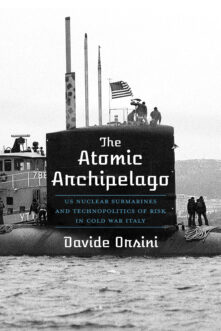
The Atomic Archipelago
US Nuclear Submarines and Technopolitics of Risk in Cold War Italy
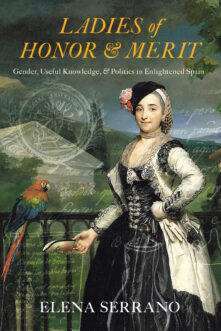
Ladies of Honor and Merit
Gender, Useful Knowledge, and Politics in Enlightened Spain
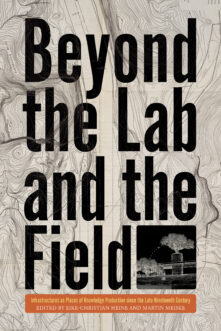
Beyond the Lab and the Field
Infrastructures as Places of Knowledge Production Since the Late Nineteenth Century
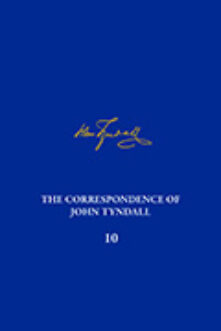
The Correspondence of John Tyndall, Volume 10
The Correspondence, January 1867–December 1868
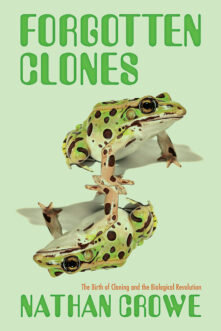
Forgotten Clones
The Birth of Cloning and the Biological Revolution
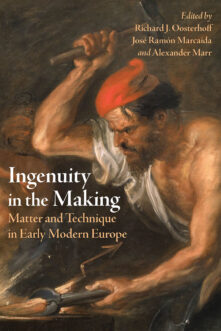
Ingenuity in the Making
Matter and Technique in Early Modern Europe
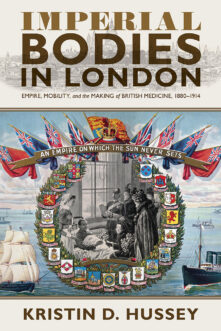
Imperial Bodies in London
Empire, Mobility, and the Making of British Medicine, 1880–1914
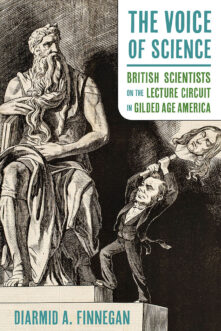
The Voice of Science
British Scientists on the Lecture Circuit in Gilded Age America
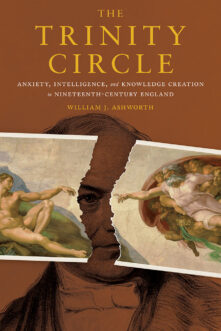
The Trinity Circle
Anxiety, Intelligence, and Knowledge Creation in Nineteenth-Century England
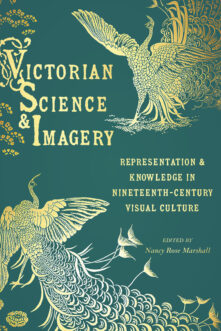
Victorian Science and Imagery
Representation and Knowledge in Nineteenth-Century Visual Culture
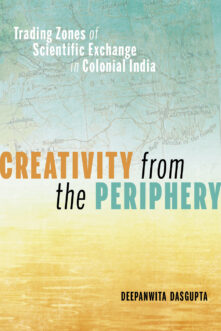
Creativity from the Periphery
Trading Zones of Scientific Exchange in Colonial India
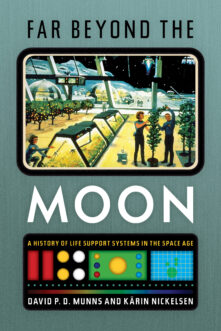
Far Beyond the Moon
A History of Life Support Systems in the Space Age
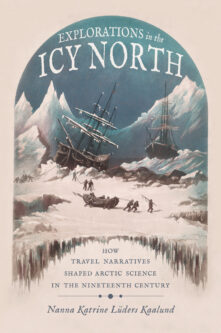
Explorations in the Icy North
How Travel Narratives Shaped Arctic Science in the Nineteenth Century
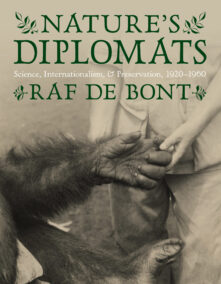
Nature’s Diplomats
Science, Internationalism, and Preservation, 1920-1960
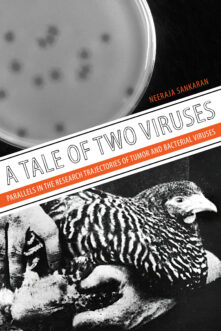
A Tale of Two Viruses
Parallels in the Research Trajectories of Tumor and Bacterial Viruses
Total 138 results found.

